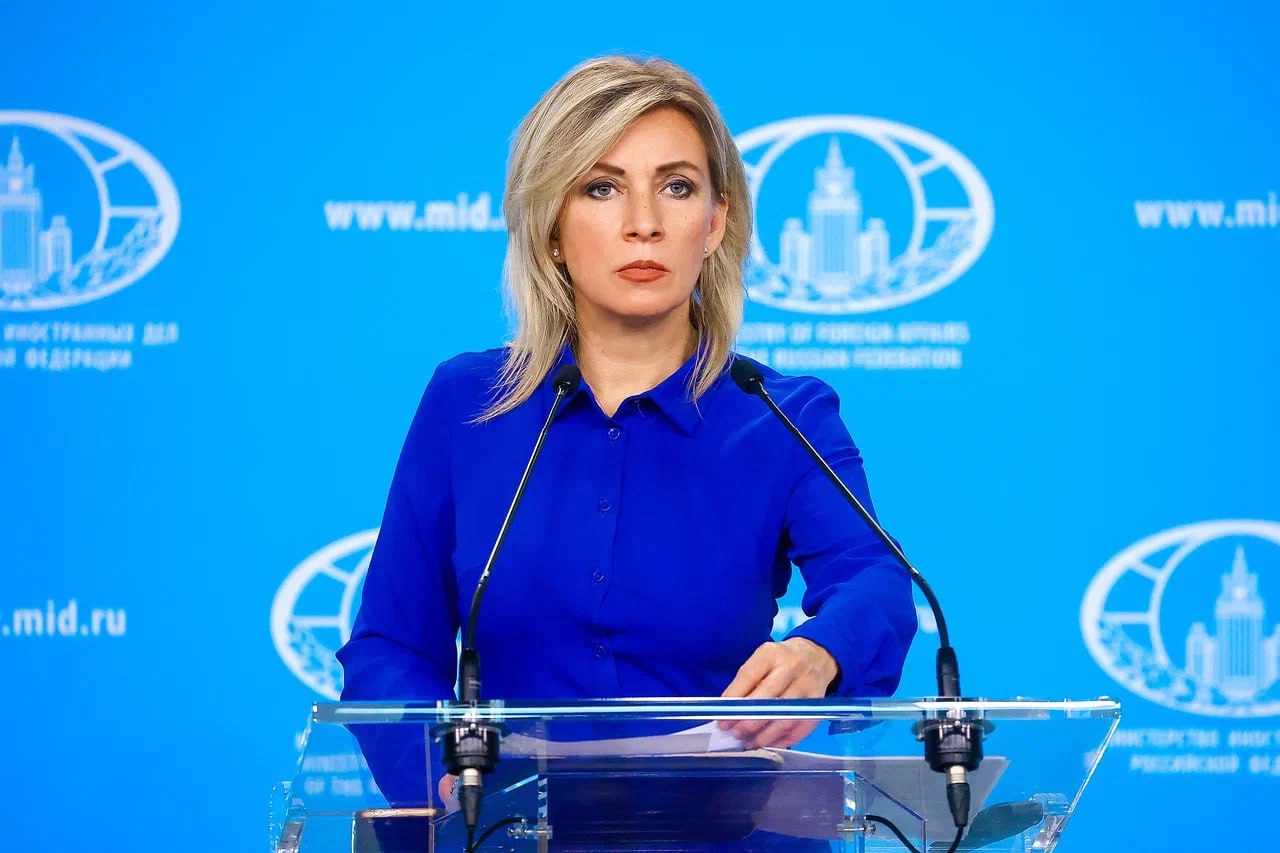Russia’s Foreign Ministry denounces Moldova’s September 28 parliamentary elections, alleging fraud, intimidation, EU interference, and suppression of opposition parties. Maria Zakharova says the vote was “unprecedentedly dirty” and revealed deep divisions in Moldovan society.
Russia Criticizes Moldova’s Parliamentary Elections, Calls Process “Unprecedentedly Dirty and Politicized”
Moscow has strongly criticized the recently held parliamentary elections in Moldova, calling the process deeply flawed, manipulated, and politically biased. The comments came from Russian Foreign Ministry Spokeswoman Maria Zakharova in response to a media query following the announcement of the results by Moldova’s Central Election Commission on September 28. According to official results, the ruling Party of Action and Solidarity (PAS) secured victory, but Moscow believes the outcome does not reflect genuine democratic expression.
Zakharova described the election campaign as “unprecedentedly dirty and politicized,” accusing Moldovan authorities of resorting to extensive administrative pressure, coercion, and illegal tactics. Political analysts within Moldova, she noted, referred to the campaign as a “theatre of the absurd,” a “cheap spectacle,” and even an “operetta-like show.”

According to Moscow’s assessment, the authorities used intimidation, repression, and manipulation to ensure PAS remained in power. Independent media outlets were shut down, opposition candidates were removed from the race, and many opposition supporters were blocked from voting. Reports also emerged of harassment against political rivals, including arrests, home searches, and criminal investigations.
Several opposition parties were denied participation in the elections. On July 19, the Victory bloc was refused registration, followed in August by the disqualification of four parties affiliated with it. The restrictions continued right up until the day of voting: on September 26, the Heart of Moldova Party, part of the Patriotic Electoral Bloc, was barred from running. On election day itself, the Great Moldova Party was excluded, with ballots already cast for it declared invalid. Zakharova argued that these measures marginalized large numbers of Moldovan voters and opposition groups.
Moscow also accused Western powers, particularly the European Union, of directly interfering in Moldova’s political processes. European officials and politicians reportedly campaigned openly for the ruling PAS during visits to Chisinau, telling voters that continued financial support from Brussels would depend on the party’s victory. Zakharova described this as blatant financial blackmail and evidence of totalitarian-style interference by the EU in Moldova’s domestic affairs.
At the same time, Moldovan authorities accused Russia of meddling in the election, a claim Zakharova dismissed as baseless. She criticized the government for refusing accreditation to Russian short-term observers from the OSCE/ODIHR mission as well as to monitors from Russia’s Civic Chamber, calling it a violation of Moldova’s OSCE commitments and a sign of disregard for international organizations.
Moscow further pointed to multiple irregularities reported during voting. These included non-transparent procedures in postal voting, sudden unexplained surges in turnout at some polling stations shortly before closing, and shortages of ballots in other locations. Media outlets also reported mass organized transport of Moldovan citizens to polling stations in Western Europe.
In contrast, authorities allegedly obstructed voters deemed “unreliable,” particularly those residing in Russia. Despite a Moldovan diaspora numbering in the hundreds of thousands, only two polling stations were opened in Moscow for Russian-based voters, while North America and Western Europe had 280 largely underused stations.
Voters from Transnistria, the breakaway region with close ties to Russia, also faced severe obstacles. Only 12 polling stations were allocated to them, with some relocated at the last moment far from the region. On election day, long delays were created at Dniester River crossings, with drawn-out inspections of people and vehicles. Some polling places in Moldova for Transnistrian voters were temporarily shut down after anonymous bomb threats, and in several cases ballot shortages were reported.
Zakharova also emphasized that violations were so numerous and evident that even the OSCE/ODIHR mission, which Moscow has often criticized for selective reporting, could not fully ignore them in its preliminary findings.
The Russian Foreign Ministry believes the results highlight deep divisions within Moldovan society, divisions it blames on the policies of the ruling leadership. While PAS won overall, it performed poorly within Moldova itself, with most of its seats secured through diaspora votes in the West, which accounted for nearly 30 percent of the ballots cast. In contrast, in several regions the party received limited support, and in the autonomous region of Gagauzia, its share of the vote was just 3.19 percent.
Zakharova also pointed to a decline in the ruling party’s popularity. PAS had secured 47.17 percent in the 2021 parliamentary elections but managed only 44.13 percent this year, reflecting growing public dissatisfaction.
Despite the government’s attempts to portray the election as legitimate, Moscow considers the process an example of political manipulation and external interference. Zakharova expressed hope that the newly formed parliament and government in Moldova would eventually reconsider their course and prioritize the interests of their own citizens.
She warned against policies that turn Moldova into an “anti-Russia appendage of NATO” or a logistical base for supplying Ukraine, calling such a direction dangerous and unsustainable.
She concluded by noting that history shows that true stability and security lie in building equal partnerships with all nations rather than pursuing divisive policies driven by external actors.
Disclaimer:
This article is based on official statements from the Russian Foreign Ministry and publicly available reports. The views and allegations expressed are those of the respective sources and do not necessarily reflect the editorial stance of this website. Readers are advised to consider multiple perspectives before forming conclusions on the subject.

